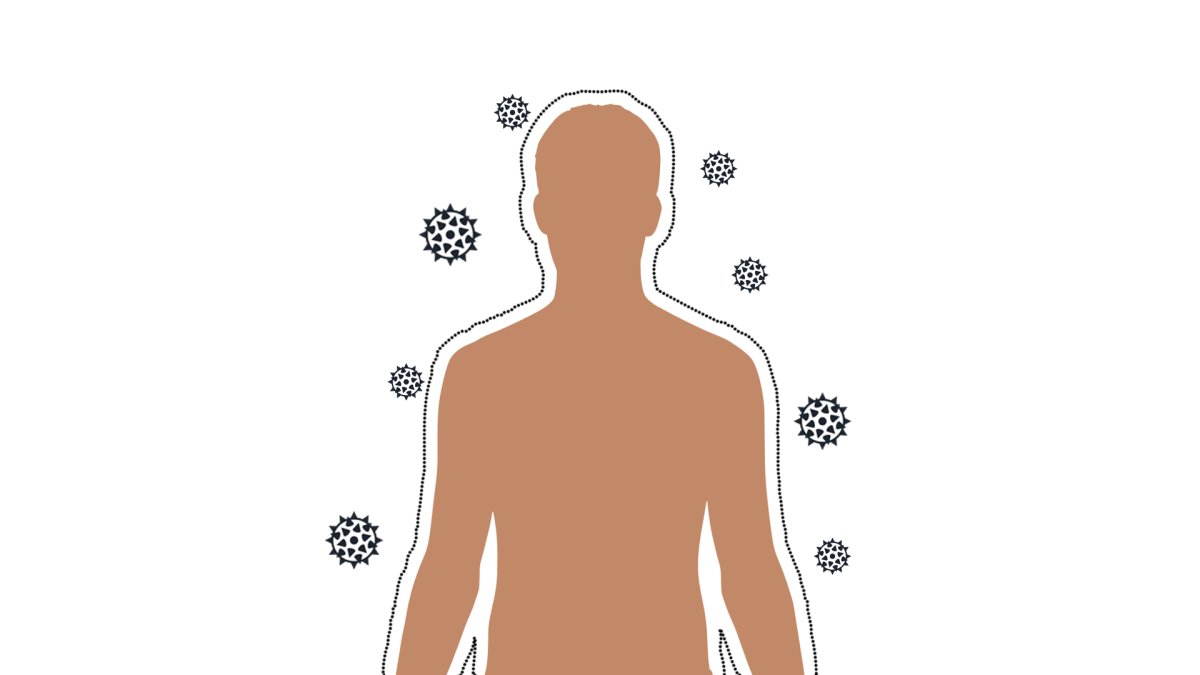Stereotypically, some men are notorious for claiming they “never get sick.” However, their own genetic material may soon prove them wrong. Research has shown that males on average experience more frequent and severe infections than females. In the past, these differences in male and female immune responses have been attributed to variations in hormones and social factors between males and females. However, one study published by Nature Communications in 2019 suggests these differences may be rooted in the proteins produced by our cells and in single-stranded nucleic acid molecules called RNA which contain instructions for protein synthesis.
It has been previously found that the female immune system consistently has higher levels of several immune cell types. However, this study dug deeper, searching for differences between the male and female “transcriptomes.” The transcriptome is the set of all RNA molecules, or “transcripts,” produced by active genes in our cells. These RNA transcripts later go on to produce proteins that our bodies use for a myriad of purposes, including the immune response.
To isolate any potential transcriptome differences, this study analyzed the RNA sequences from eleven different types of immune cells in male and female mice. One type of immune cell, macrophages, showed differences in gene expression between sexes. Female macrophages in the peritoneal cavity (located in the abdomen), spleen, and central nervous system tended to have more surface receptors which receive signals from other immune cells indicating higher immune system activity.
However, an especially active immune system does not just mean fewer sick days for females. In fact, one striking consequence of an active immune system is that females are more prone to autoimmune diseases like systemic lupus, in which the body attacks itself causing symptoms like extreme fatigue and joint pain. Autoimmune diseases like lupus are associated with high levels of immune signaling molecules called IFNs. This study reports that two metabolic pathways that produce these IFN molecules and a pathway that controls inflammatory response were more active in females.
So, ladies, never let a man tell you that he does not gets sick, because his transcriptome might tell you otherwise. While men may be more vulnerable to infections, women may fall victim to their own cells’ attacks. Evidently, life is all about trade-offs, but hopefully continued research into immune responses will lead to healthier, happier lives for everyone, regardless of biological sex.















